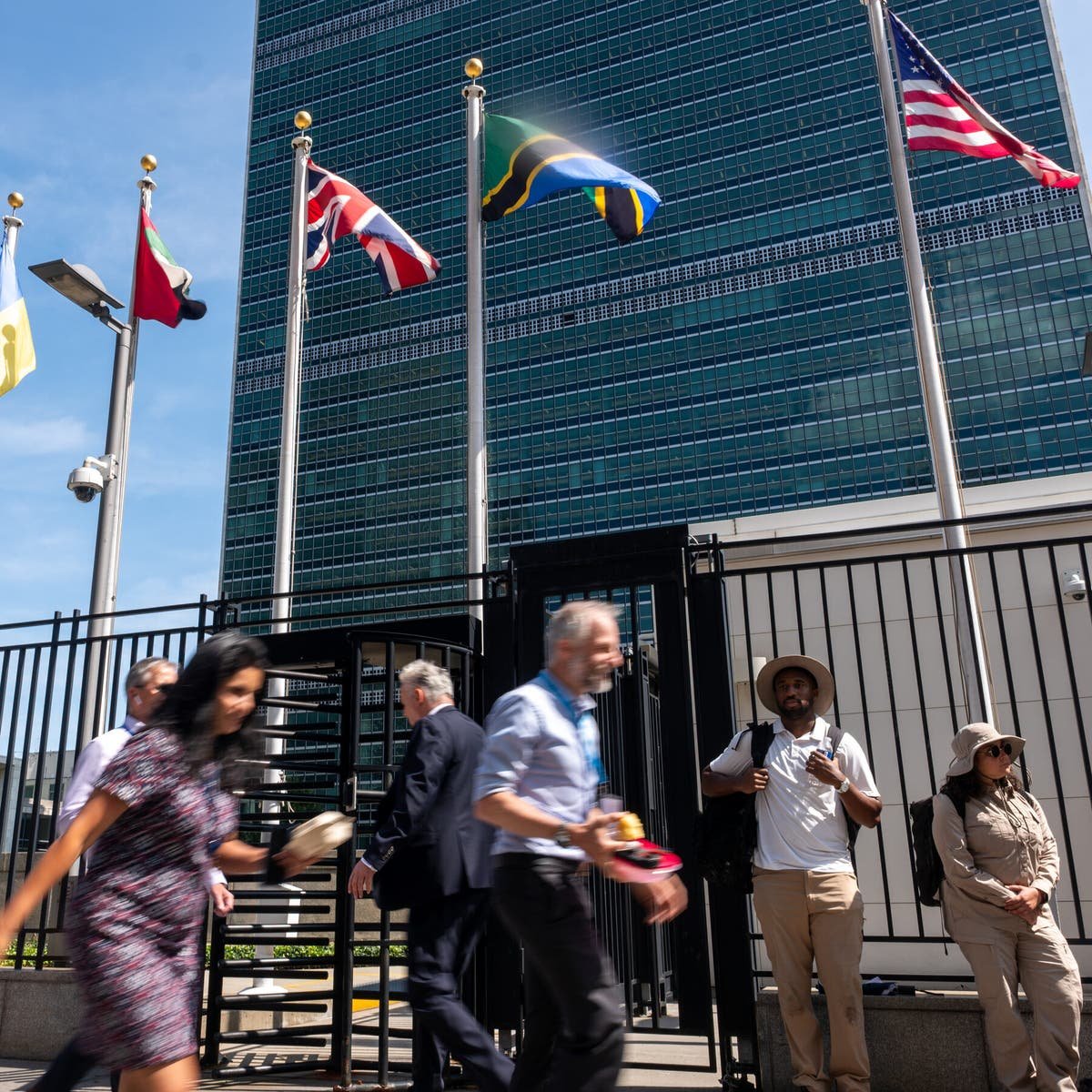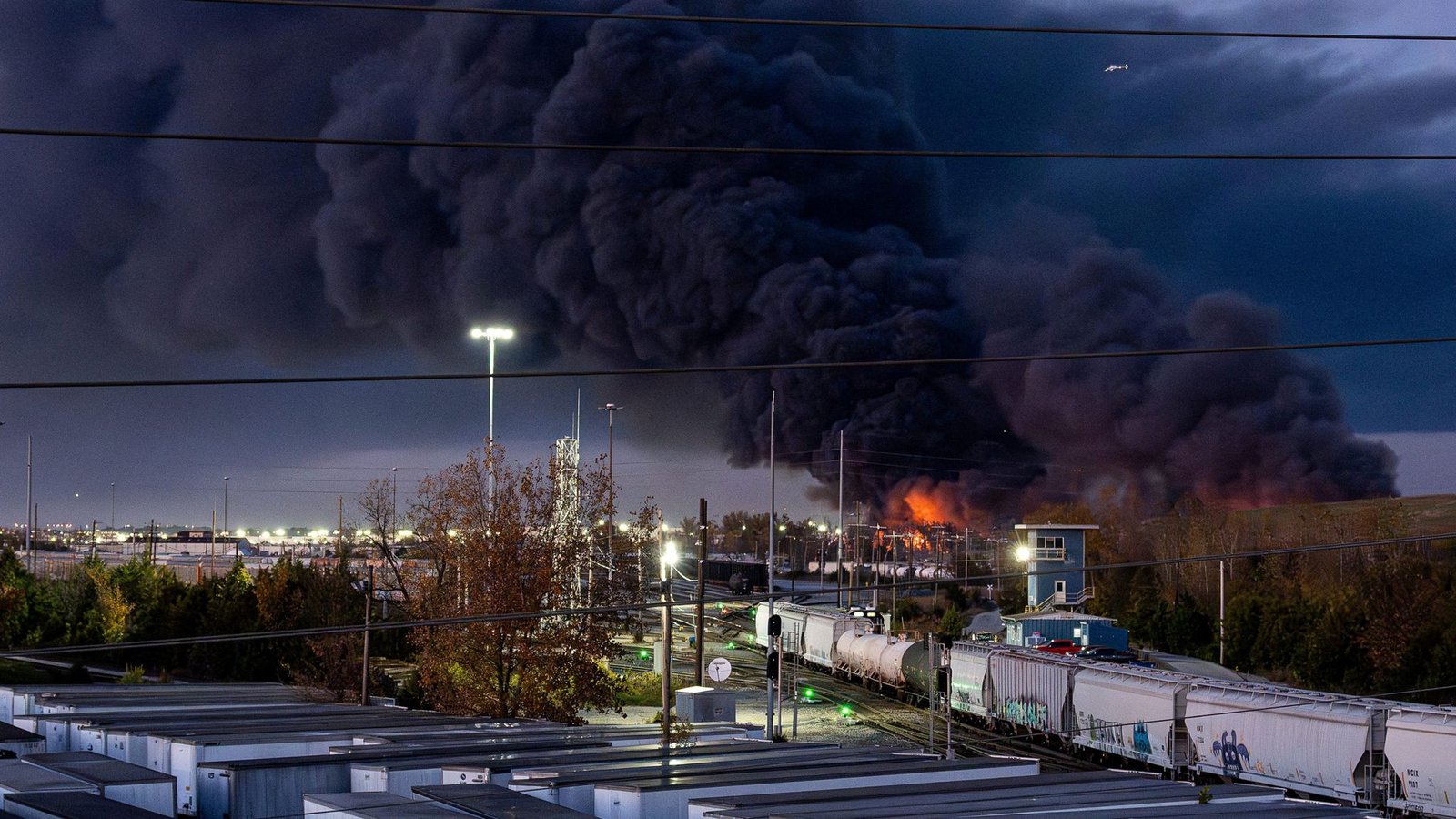The UN at 80: Navigating a ‘Free Fall’ and the Path Forward
As world leaders convene for the United Nations General Assembly (UNGA) in New York, the organization is celebrating a significant milestone: its 80th anniversary. Yet, this moment of reflection comes with a palpable sense of crisis. With global conflicts escalating, budgets tightening, and the very foundation of multilateralism being questioned, many are asking if the UN is in a “free fall.”
This year’s gathering, under the theme “Better Together: 80 years and more for peace, development, and human rights,” seeks to unite a fractured world. However, the optimism of this theme clashes with the stark realities on the ground. The institution, born from the ashes of World War II, now faces a complex web of modern challenges that threaten its relevance and effectiveness.
The Crisis of Relevance: Is the UN Losing Its Way?
The term “free fall” isn’t just hyperbole; it reflects deep-seated anxieties. Critics point to the paralysis of the Security Council, the UN’s chief decision-making body. Great power rivalries, particularly the use of veto power, have stymied efforts to address major conflicts, including those in Ukraine, the Middle East, and parts of Africa. This institutional deadlock undermines the UN’s primary mission to maintain international peace and security.
Beyond geopolitical gridlock, the UN is grappling with a significant financial crunch. Several major contributors are rethinking their commitments, leading to sweeping budget cuts that threaten to reduce thousands of jobs and cripple vital programs. This decline in funding coincides with an increase in global needs, from humanitarian crises to climate change and poverty. The discrepancy between the demands on the UN and its dwindling resources is a central point of discussion at UNGA 80.
UNGA 80: A Push for Reform and Rejuvenation
In response to these challenges, the UN has launched the UN80 Initiative, a major reform effort aimed at overhauling the organization from within. Led by Secretary-General António Guterres, the initiative seeks to make the UN more efficient, effective, and responsive. Key goals include:
- Improving Internal Efficiency: Streamlining operations and cutting red tape to ensure resources are used more effectively.
- Reviewing Mandates: A comprehensive review of thousands of existing resolutions and documents to eliminate outdated programs and prioritize urgent global needs.
- Structural Changes: Exploring potential realignments and changes to the UN’s architecture to enhance coherence and impact.
The high-level meetings at this year’s General Assembly are also tackling specific. A Climate Summit is underway to push for accelerated national climate action plans. While another high-level meeting is focused on the 30th anniversary of the Fourth World Conference on Women. Additionally, a new Global Digital Compact aims to establish an AI governance body, ensuring developing countries have a seat at the table in shaping the future of technology.
>
From “Free Fall” to Future: Can the UN Reclaim Its Purpose?
Despite the pessimistic outlook, the UN’s supporters argue that the organization’s core ideals remain its most powerful asset. The UN is not a perfect institution. But it is the only global forum where 193 nations can gather to find common ground. Its work in promoting human rights, coordinating humanitarian aid, even if often out of the public eye. The UN’s successes in areas like disease eradication and peacekeeping are a testament to its enduring potential.
As the world marks 80 years since the signing of the UN Charter. The conversation is shifting from a celebration of the past to a critical assessment of the future. The question isn’t whether the UN is in a “free fall,” but rather. Whether member states are willing to provide the political will and financial support needed to pull it out of its descent. The organization’s future hinges on its ability to adapt and on the renewed commitment of its members to the principles of multilateralism. It was founded upon. It’s a crossroads moment for an institution that is, still indispensable.





